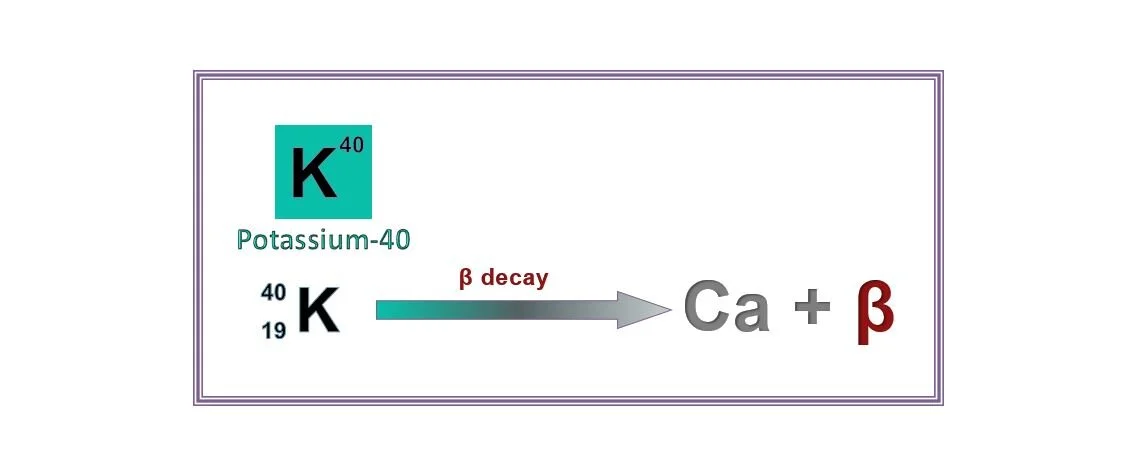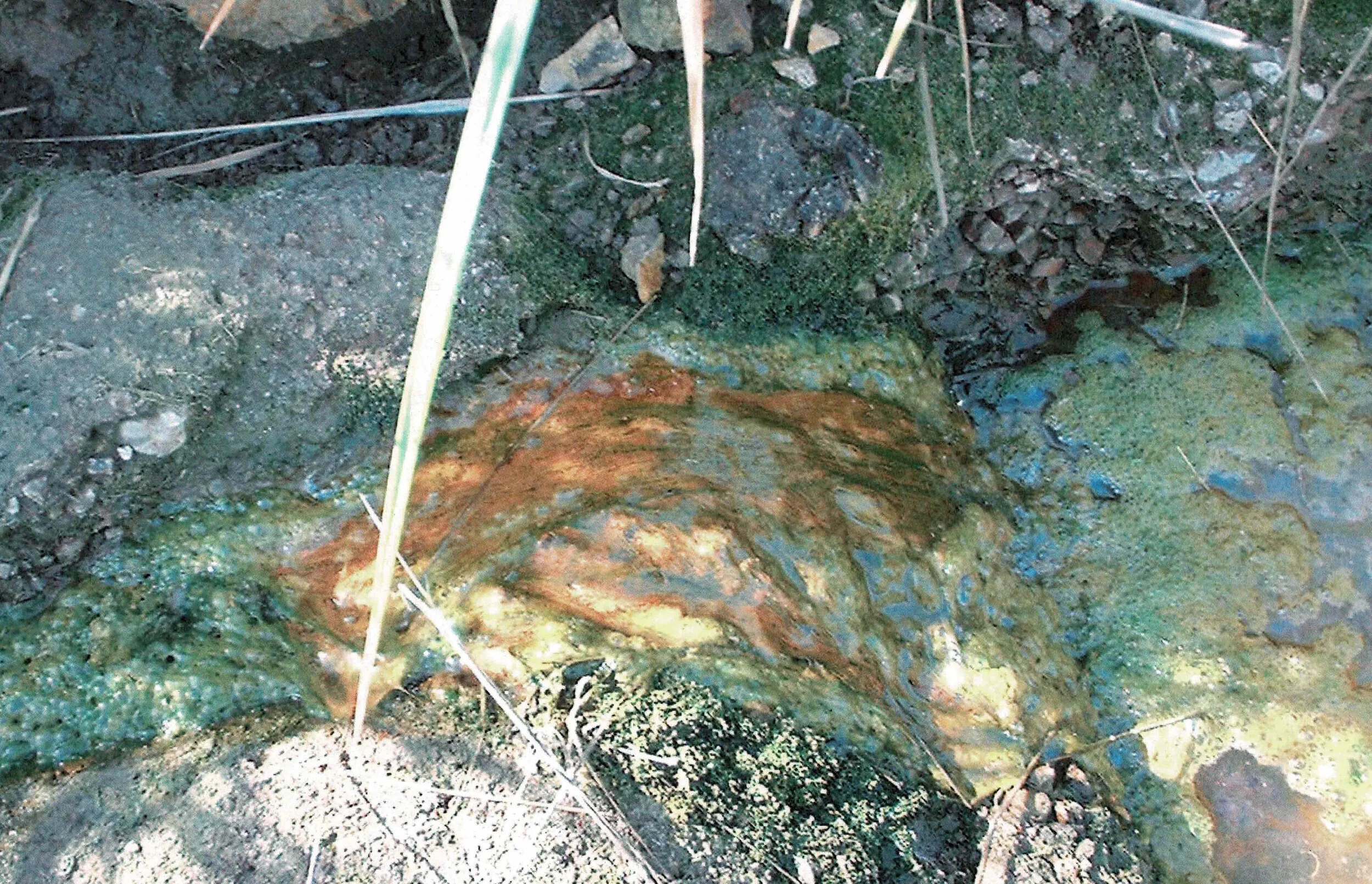A Few of Our Projects - Critical Thinking in Action
GeoChem Applications manages groundwater data collection programs and performs regulatory compliance monitoring statistics for dozens of facilities regulated under state and federal solid and hazardous waste regulations. Sound data collection and high data quality are paramount for the successful demonstration of compliance. However, even in the best of circumstances, groundwater compliance monitoring programs are routinely plagued by a number of technical issues that make routine demonstration of regulatory compliance challenging for many facilities. Water quality standards not truly reflective of natural baseline conditions, complex geological conditions, short-term and long-term fluctuations in groundwater levels, the mixing of groundwater from different zones due to natural or man-induced effects, and statistical false-positives are just some of the variables that can create the appearance of non-compliance with water quality standards. Because the burden of proof for compliance rests on the regulated facility, it is imperative that groundwater monitoring programs be grounded on sound data collection and data analysis, based on a thorough understanding of the groundwater system, and subjected to appropriate statistical tests to determine compliance. When compliance issues arise, we apply our expertise in geochemistry and statistical data analysis to determine the root cause of the problem because we know from our experience that "things are not always as they appear” when a monitoring result exceeds a water quality standard. At GeoChem Applications, we are creative and tenacious problem solvers when the anomalous data arrive. Here are a few examples:
Beta Particle Decay of Naturally Occurring Potassium-40 — Not Unauthorized Disposal of Radioactive Waste.
During a regulatory authorized state-wide testing program of municipal solid waste landfills, anomalous beta-particle radioactivity was reported in leachate from one of the landfills, sparking community concern. Using radioactive decay equations and mass calculations, combined with data on landfill leachate chemistry, GeoChem demonstrated that the beta source was fully accounted for by the decay of naturally occurring Potassium-40 likely derived from food waste — not unauthorized radioactive waste disposal.
Acid Rock Drainage — Without Obvious Sulfide Mineralization
A government research facility detected low-pH groundwater conditions. GeoChem conducted a field recon and soil testing program to assess the source. Evidence of acid rock drainage was observed in the local formation not known to contain sulfide minerals. Water quality data and geochemical modeling revealed the acidity was due to relic sulfide oxidation — not a contaminant release from the facility.
Naturally Occurring Benzene in Groundwater — Nowhere Near a Petroleum Field
Routine monitoring at a municipal solid waste facility indicated persistent, low concentrations of benzene in groundwater. GeoChem analyzed the geochemistry of water-rock interactions in the monitored zone and demonstrated the benzene originated from natural, abiotic synthesis of hydrocarbons in a highly reactive, hyper-alkaline serpentinite host rock — not a contaminant release from the facility.
Of course, anomalous monitoring data can indicate a contaminant release from a facility. When this occurs, GeoChem Applications evaluates the contaminant fate and transport processes and assists its clients in developing effective and cost-effective remediation programs.



